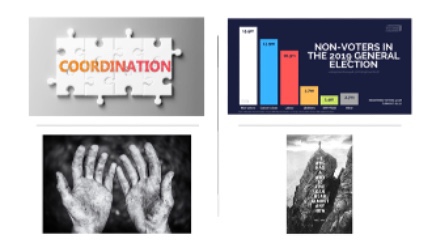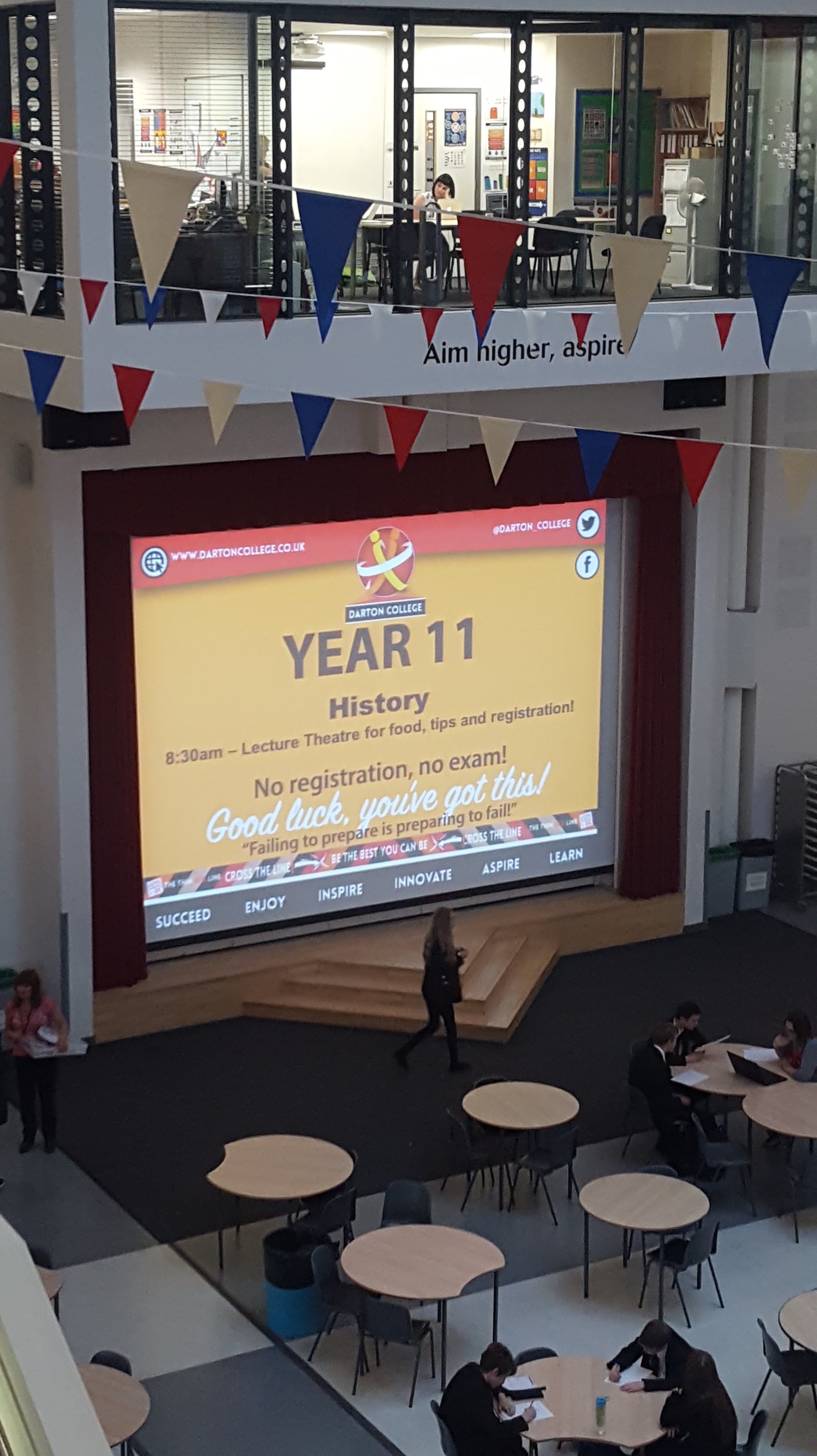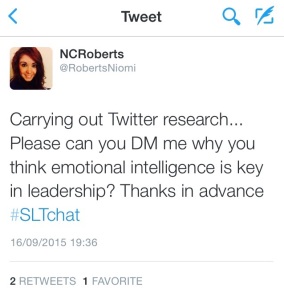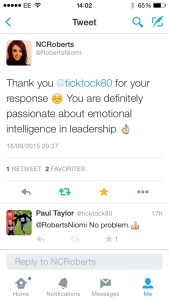
I went to my first funeral at the age of 9, the funeral was my Grandad’s! Bit dark for an opener. Work with me – I’m not the Grim Reaper!
I recently went to another funeral and at this funeral we sang some of the hymns that we sang at my Grandad’s funeral, which brought back lots of memories. Some unpleasant, some fond, but weirdly, one overwhelming one was: my inability to sing. I found that I was surrounded by people banging out the words, singing deep from their diaphragm and projecting at the top of their lungs. The louder they sang, the more subtle, subdued and silently I delivered the hymn. I have always done this, I have always allowed others to sing for me, taken a back seat, disappeared into the pews. I do the same bloody thing at weddings too. I find this strangely odd for a bloke who has an overwhelming urge to be heard! I’m a centre of the dance floor character, not an edge of the dance floor guy.

Does this resonate with anyone? Anyone else experienced this? Anyone else, when part of a team of singers, offer little to the cause?
How about in sport? He was hiding today. She just didn’t show up. He’s been a passenger today.
How about at work? He’s going through the motions. She’s not pulling her weight. He’s pinching a living. It’s got dark and cynical again, hasn’t it? I bet you’ve said one of these lines. If you haven’t, then you’re a saint!

This reduced contribution is not exclusive to singing, what we are experiencing is a phenomenon called ‘Social Loafing’ and it refutes some bold claims by some, revered, philosophical minds. The most prominent one being Aristotle (he may be the most misquoted man of all time but it supports my point so, heyho), who claimed ‘the whole is greater than the sum of the parts’. Those hymns would have been louder (probably not better), if I had contributed with more effort. The productivity, if you like, of the choir, would have improved but the choir carried me!

The term Social Loafing has emerged from the research of Max Ringelmann – the Ringelmann Effect suggests that increasing the size of a team and giving more capacity and potential, team performance can often be substantially reduced. This is in direct conflict to what should actually happen, adding capacity should yield greater efficiency and productivity. In essence, what is apparent is the actual productivity or efficiency of the team is less than the sum of the proven individual efforts. I bet Aristotle is turning in his grave! Clearly, ‘the whole is not always greater than the sum of the parts’!
Ringelmann proved this to be the case when he measured the relative efforts of people pulling/exerting maximum effort on a rope, like in a tug of war. Having recorded the efforts of individuals he could calculate the potential, collective, effort of a team. What he actually found was: when the group size exceeded 3, actual effort always fell short of potential effort. In short, the team lacked efficiency and productivity. They were not fulfilling potential. People became: passengers, freeloaders – social loafers.
If you’ve ever been on a team where this is said: “He was hiding today”, “She didn’t show up”, “She’s been a passenger today” then you know, deep down, there’s a problem. The participants become poisoned by resentment and, slowly, the team will break into cliques, silos and subgroups. It’s cancerous – when it takes hold the downfall is inevitable!

I am passionate about teams, I am desperate to know my place in a team, I am always trying to identify my purpose in a team. When I have been at the lowest point in my career; the point where I have felt isolated, alone, lost, it has been when I didn’t know my place or my purpose. As leaders, we have a responsibility to eliminate ‘faulty team processes’, like social loafing, before they take hold. Everyone needs to know their purpose. Accountability, amongst other things, is a big driver in motivation – nobody wants to let people who believe in them down.

Over the last couple of years I have done a simple experiment on 2 occasions. Once with students and once with senior leaders in a school I worked in during an SLT development day. On both occasions, I have seen, first hand, the undisputed evidence that social loafing is rife in teams. Try it yourself, it’s a simple pen sort. Start with it as a paired activity, then have it completed in groups of threes, fours, fives, sixes and finally sevens. What you will see is the efficiency and productivity of this task will decrease when the groups grow beyond 3 or 4 people. The social loafers will stand out like a sore thumb! So, as leaders, how do we avoid this, to ensure, 1- productivity and efficiency is maximized, and 2 – avoid the resentment of some members of the team and the loss of respect for the leader?
Leaders must…………

There are 2 reasons why social loafing will occur. Loss of motivation and insufficient coordination.

• Leaders must increase accountability, through group identifiability. Team members must have clear expectations and deadlines. When people become concerned by being evaluated and judged by others about their contribution to the cause, we don’t want people to think ill of us or be seen to be letting people down. As such. we pull harder, sing louder!
• Leaders must ensure participants consider themselves credible within the team. If they perceive themselves to be surrounded by Supermen but believe themselves to be Clark Kent, they think ‘stuff’ can get done without them! Get the teams wrong, fail to acknowledge and hold up the expertise of all participants, and some may develop inferiority complexes and this will lead to withdrawal, loafing and reduced productivity.

• Leaders must make defined roles and responsibilities explicitly clear to all team members. Participants need to know how we will fail as a team, if you don’t give 100% in your role. They must also see the value of their role; if they feel it is tokenistic or that they have been offered the lesser work then they will free load. If the work is completed and their lack of contribution went unnoticed, the leader is perpetuating social loafing and making it habitual. Others will see and resent the loafers and the leader. The cancer takes hold.
• Leaders must aim to keep group numbers small – when people are moaning about capacity, it’s normally because they are working hard! No passengers! It is the leaders responsibility to be discerning about capacity. Are they all singing at the top of their voice and it isn’t loud enough? If so, maybe more capacity is needed, or could someone sing louder?
• Leaders must relentlessly revisit the ‘why?’ by sharing the vision and strategy. Conduct a Pre-mortem with the team! “If we don’t do this what will it look like in the end?” He who has a why to live can bear almost any how! Getting authentic buy in makes people sing louder.
In the teams you lead, is the ‘whole greater than the sum of the parts’? Are people singing loud enough? If not what are you going to do about it? Is it about greater capacity or great efficiency, they are not always the same thing. It’s time to hold up the mirror! The problem, may be us!
 My first week @Darton_College
My first week @Darton_College
